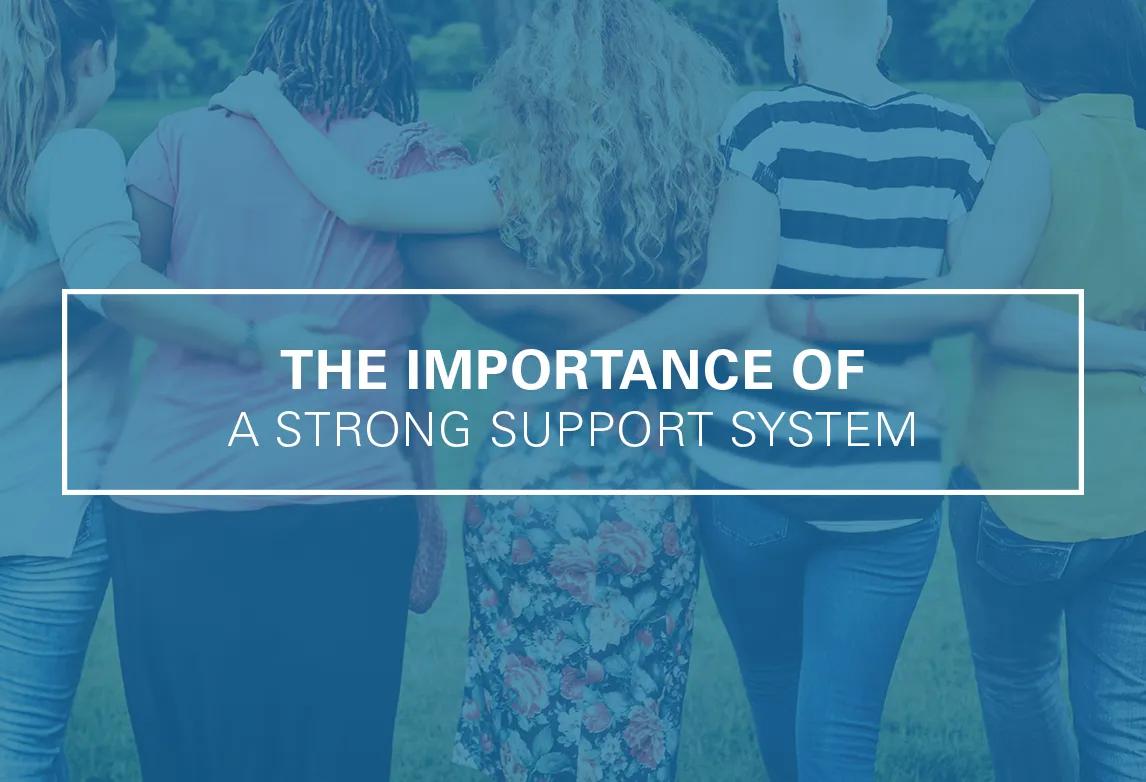Is the Allied Healthcare Field a Good Choice for You?

Learn the Potential Benefits of Working in Allied Health
Allied health includes healthcare roles outside of medicine and nursing. Approximately 60% of healthcare workers fall under the allied care umbrella, using science and other proven practices to help treat patients, aid in disease prevention and recovery, and perform the non-clinical administrative functions that keep the healthcare system operating.1
There are many roles that fall under the category of allied healthcare. Health information technicians, medical billers and coders, and Certified Nursing Assistants (CNAs) are all examples of allied health professionals.
If you’re new to the healthcare industry, you may be wondering if an allied health position is the right choice for you. Or maybe you currently work in a healthcare role and are considering moving into another role in allied healthcare. One way to help you decide if this is the right choice for you is to consider the potential benefits of working in this type of role.
5 Benefits of Working in Allied Healthcare
Admittedly, allied healthcare may not be a good fit for everyone. But if you are considering a career path in allied healthcare, it helps to think about the benefits that this field can provide to those who want to work in it.
#1: Quicker Entry into the Field
When comparing allied health professions to some professions in the larger healthcare field, many of the allied health roles have lower educational requirements for those entering the position. For example, to become a dental assistant, a high school diploma or post-secondary diploma or certificate may be required for an entry-level position; associate degree programs in dental assisting may also be available, though may not be required to start work in the field. In contrast, if you want to become a registered nurse, which isn’t an allied healthcare position, the minimum required education is a nursing diploma or associate degree. However, for those who are interested in better job opportunities, it is strongly recommended that a bachelor’s degree in nursing is pursued.
Generally speaking, associate degree programs often take around two years to complete and bachelor’s are typically around four. If you want to get into the field sooner, pursuing a career in an allied healthcare role may help you achieve this goal.
#2: A Variety of Career Path Options
Allied healthcare is an expansive field. You can work as a medical office and billing specialist, medical biller and coder, medical administrative assistant, and more. The advantage of this is that you get to choose which area of allied healthcare interests you most.
Along similar lines, you also get to decide whether you want to pursue an allied healthcare position that works directly with patients, such as a patient care technician or phlebotomist. Conversely, you can also choose to work toward a more behind-the-scenes healthcare role instead, with options that include health information specialist and medical office and billing specialist. The amount of direct versus indirect contact you have can vary depending on the position and the work setting.
#3: Multiple Scheduling Possibilities
In some allied healthcare positions your schedule may be similar to the traditional 9 a.m. to 5 p.m. This could include positions in medical billing and coding or health information management. Others work in allied health positions that provide services at all times of the day and night, such as clinical positions like medical assistant and nursing assistant. This may provide the opportunity to have a more nontraditional schedule which could include nights and weekends.
This may be preferable if you have children and are with a partner who works days. You may be able to cover your childcare needs simply by working different shifts. Or maybe you work better at night and like to leave your days to handle other obligations and duties. Some allied healthcare positions make this possible, giving you a work schedule that fits well with your life.
#4: High Levels of Job Satisfaction
One small-scale study took 20 employees from seven different industries and surveyed them in an attempt to learn more about their job satisfaction levels. In addition to healthcare, the other industries included banking and finance, education, travel and tourism, insurance, outsourcing, and logistics. After analyzing the results, healthcare was one of the industries found to have a high level of job satisfaction.2
#5: Joining a Growing Industry
The Bureau of Labor Statistics projects healthcare occupations to grow 13% from 2021 to 2031, which represents a growth rate that is “much faster than average.”3 This would equate to approximately two million new positions opening up during this time.
If allied health accounts for roughly 60% of healthcare roles, this means that somewhere around 1.2 million new jobs will be in this field. This can be welcome news to someone who is just entering allied health and interested in one of the open entry-level positions.
Is Allied Healthcare the Right Field for You?
In the end, only you can decide whether allied health is the right path for you. Considering the benefits that this field provides can help you make a more informed decision as to whether there is an allied health role that fits your career goals. If there is, you can get started working on those goals today.
Start Working Toward a Career in Allied Health
Ultimate Medical Academy (UMA) offers several diploma and associate degree programs that fall in the realm of allied healthcare. Each one helps prepare you for specific roles, with some of the programs also including an onsite practicum or externship to provide real-world experience in an operating healthcare facility so you can continue to build your skills.
Why choose UMA as your allied health education provider? One reason is that we have new classes starting every two to three weeks. This enables you to start your program when you’re ready versus having to wait until the next semester or the following academic year.
UMA is also highly student-focused. Yes, we are committed to providing a quality education, but we’re also dedicated to helping our students succeed in their chosen career roles. Some of the ways we do this are by helping you with your resume, running you through mock job interviews to prepare you for the real thing, and connecting you with our employer partners who may be looking for UMA grads to fill their open allied health positions.
Our about us page provides even more reasons to choose UMA. If you have other questions, you can also contact us directly in a way that works best for you. We’re available by phone or email. You can even chat with us online!
Learn More About Allied Healthcare
If you’re still undecided as to whether allied healthcare is a good field for you, it may help to learn more about this portion of the healthcare industry. At UMA, we’re here to help in any way we can. That’s why we offer a couple of other articles about allied healthcare, enabling you to learn enough to make a more informed decision when deciding a good career path for you.
1 https://www.bls.gov/ooh/healthcare/dental-assistants.htm#tab-4
2 Sharma S, Gupta R. Job Satisfaction: Difference in Levels Among Selected Industries. International Journal of Recent Technology and Engineering. https://www.researchgate.net/publication/340442946_Job_Satisfaction_Difference_in_Levels_among_Selected_Industries
3 Bureau of Labor Statistics. Occupational Outlook Handbook. Healthcare Occupations. https://www.bls.gov/ooh/healthcare/home.htm
Request Information
Talk with us. Start your journey.
Complete this form and we'll call you to explore options at UMA and answer your questions. We'll also email you info on how to get started. We're with you at every step!
Request Information
Talk with us. Start your journey.
Complete this form and we'll call you to explore options at UMA and answer your questions. We'll also email you info on how to get started. We're with you at every step!
About the Author
 Christina DeBusk
Christina DeBuskChristina DeBusk is a freelance writer who has been providing health and wellness content to healthcare organizations such as the American Chiropractic Association and International Sports Sciences Association (ISSA) since 2011. She obtained her Bachelor of Science in Sociology from Central Michigan University, minoring in psychology. She has also earned several ISSA certifications, including Certified Personal Trainer and Certified Nutrition Specialist, achieving the status of Elite Trainer.
Related Content

Is Medical Billing and Coding Hard? What You Should Know About This Career Path
Read More
